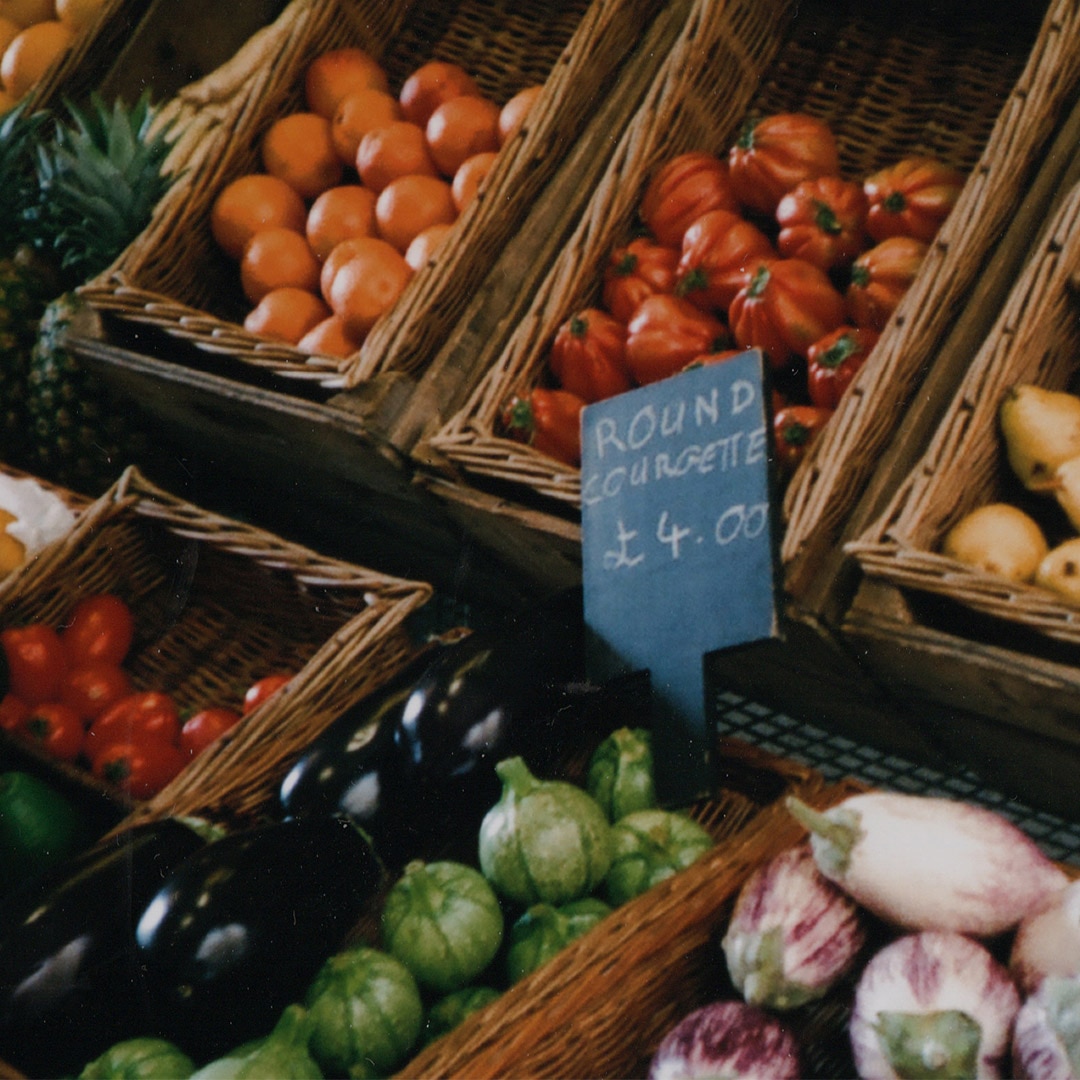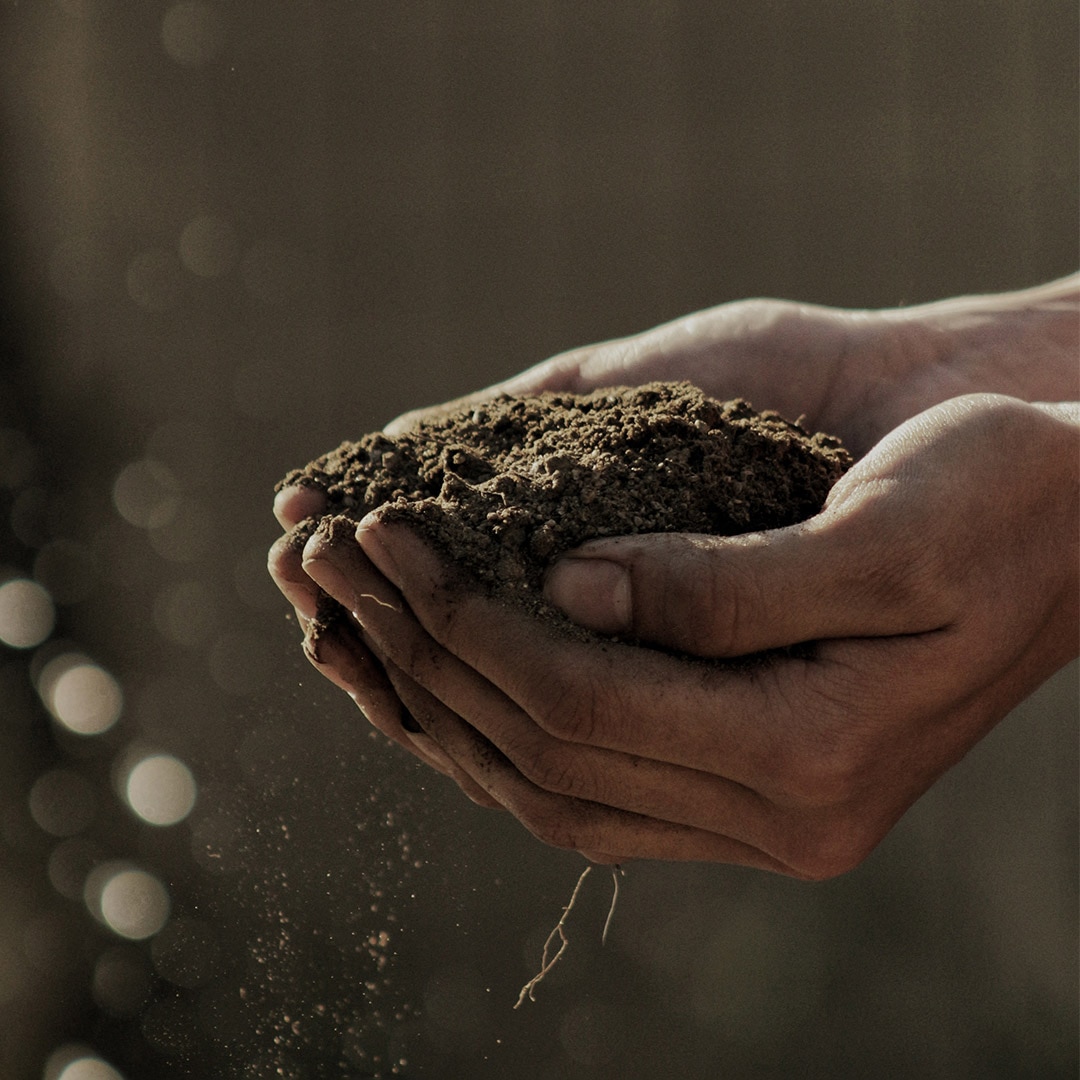Exploring the future of sustainable living
Life tomorrow – according to the youth of today
Today’s young people will face unique challenges over the coming decade. As they look towards setting up their own homes, sustainable living is a more pressing issue for them than for any previous generation.
So how can we help? As a company with a presence in hundreds of millions of homes, we have a unique opportunity to create change: to bring forthcoming generations a step closer to the future they deserve.
We can’t assume we know what young people want, or what their vision for future sustainable living is, but we must do our best to find out to ensure that our efforts align with their desires for a better tomorrow.
That’s why we have commissioned a survey of 13,886 people aged between 15 and 20. We are also conducting in-depth creative exploration sessions with our new Team of Change-Makers. We hope these initiatives will help us, as a company, shape better living as we look to the years ahead.
The insights on this page are just a glimpse of what we’ve learned about today’s young people. For more findings, download the Change-Makers Report.
“It pains me that we are losing things we will never get back.”
What is the Team of Change-Makers, and what will they do? Find out all you need to know:
56% agree that sustainability is the single most important global issue today
believe that system-wide changes are crucial for transitioning to a sustainable society
29% say they try to limit their general consumption in everyday life
Key findings
Young people are willing to drastically change their lifestyle in order to save the planet. And they see themselves as advocates and leaders towards a more sustainable future.
Our survey of 13,886 young people observed that they mainly trust in themselves (37%), scientists (27%) and influencers (17%) to lead the change towards a more sustainable future.
Only one in ten (10%) respondents feel that adults will take on this responsibility.
Food
“I would like a place to grow food and have storage space for all my produce [...] where I can store things without plastic.”
Food
When it comes to sustainable approaches to food, 50% of those surveyed say they make an effort to minimize food waste, 48% try to reduce plastic packaging, and 30% eat less meat.
When asked what they would like from their future sustainable home with respect to food, 15% of the young respondents chose food cooked by an automatic kitchen, while 12% said lab-produced meat.
A much higher proportion opted for circular options – things like longer-term food preservation or storage (31%), and composting or recycling all food waste (34%).
Plant-based eating

29% practice some degree of plant-based eating.
Price barriers

35% think sustainable food is too expensive.
Homegrown

36% hope to produce their own food in their future sustainable home.
Wellbeing at home
“It’s important for me to have a garden around the house, especially now that we use so many screens. The color green is actually good for the eyes — it helps the eyes recover.”
Tina, 15 years old, Thailand
Wellbeing at home
We asked the young respondents what they want to help make their homes a sanctuary. 73% feel that a clean and hygienic home is important to their wellbeing, while 69% mention good indoor air quality.
However, time and effort could be an issue. When asked what is preventing people from improving wellbeing at home, 47% admit to a “lack of time and effort to clean,” while 38% believe there is a “lack of knowledge on how to improve wellbeing at home.”
Almost a quarter of the respondents say they use an air purifier.
Clothing care
“To be honest, fast fashion was hard to give up. Especially if I see something on social media that I think is cute. Then I just need to realize that it’s not worth it — polluting the oceans, the slavery behind the production, and so on.”
Clothing care
Among the young people we surveyed, there were indications that fast fashion is fast making way for “made to last” – suggesting that perhaps new isn’t always better.
Many respondents believe that in 2030 they will invest in high-quality clothes (67%), shop second hand (51%), and purchase fewer new clothes (50%).
When it comes to future garment care, over one-third want to be able to use energy and water efficient laundry appliances (39%), recycle their clothes (37%), and have clothes made from resilient materials (34%).
Care and repair
65% say they will take care of, and repair, their clothes in 2030.
Knowledge gaps
38% believe a lack of knowledge about how to wash sustainably is preventing people from practicing better clothing care.
Digital dressing
26% are interested in wearing virtual clothes in 2030. Such garments are “worn” in images on social media using augmented reality.
Future living
“Having a kid is an ethical dilemma. I wouldn’t want to bring a child [into a] world which I can’t secure for them.”
Sharona, 18 years old, USA
Future living
When asked what they would like their future sustainable home to do, 47% of those surveyed say they want to “produce my own green energy,” and 45% wish to “filter and reuse water.” By contrast, only 22% would like their future sustainable home to connect all their home appliances.
On the topic of starting families, several of the respondents are concerned about the environmental impact of increasing populations, telling us that raising children of their own is not a given.
We asked almost 14,000 young people from across the world to share their hopes and ambitions for better living. Read the full report here:
Shaping better living for tomorrow
To help shape better living for tomorrow, we’ve been speaking to the generation that will be most affected by our decisions now: the youth of today.
By hearing what they have to say – through a quantitative survey, online questionnaire, and creative exploration sessions – we hope that the future solutions we create are aligned with their visions for sustainable living. After all, many of them will soon be setting up homes of their own, if they haven’t already.
As a global appliance manufacturer, Electrolux Group is a name that already exists in many homes. We, along with other companies, government leaders, scientists, activists – and of course, the youth of today – all play an important role in determining what sustainable living will look like tomorrow.
“The planet is in a critical situation – and if we don’t take action, we will not have a place to live.”

Better Living action plan
The Better Living action plan by Electrolux Group is a range of actions to support our goals within the domains of better eating, better clothing care, and better wellbeing at home. It also encompasses how Electrolux Group can better its own operations. If you have any questions, please write to us at: sustainability@electrolux.com
© Electrolux
Better Living action plan by Electrolux Group
About Electrolux Group
© Electrolux




